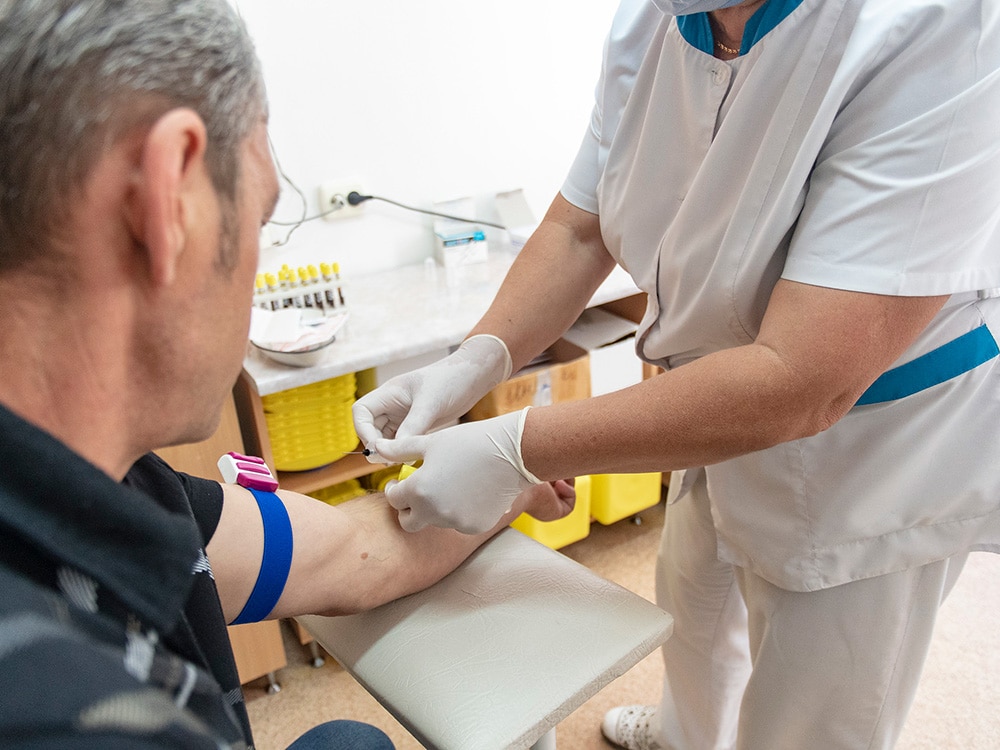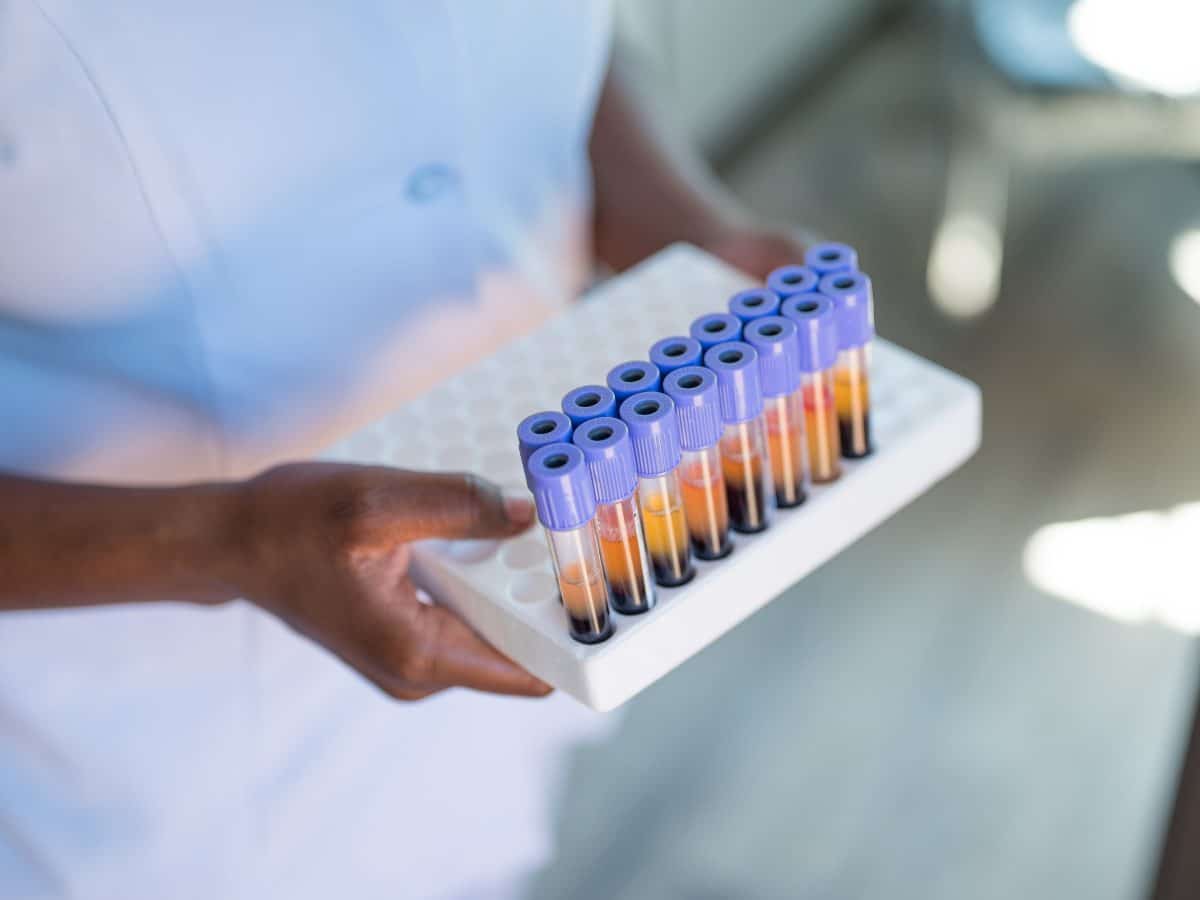Eight years ago when ICAP was first awarded PEPFAR Track 1.0 funding, the world was a very different place. Millions and millions of men, women, and children simply had no access to HIV care or treatment. Prevention of mother-to-child transmission of HIV was just a dream. Hospital wards were overwhelmed with AIDS patients, many of them suffering from the multitude of HIV-related complications with little hope for the future. Health care providers stood helplessly by the side of their patients, unable to bring them hope or solace.
These scenes are a thing of the past because of the efforts of so many around the globe. For many patients, where there was despair, there is now hope and where there was suffering, there is now joy. Through PEPFAR support of the Multidisciplinary Columbia Antiretroviral Program, ICAP has had the privilege to be a part of this remarkable transformation.
Today, we celebrate what has been achieved over the past eight years. Working hand-in-hand with ministries of health, national HIV programs, community organizations, academic institutions, and people living with HIV, so much has been accomplished in the eight countries ICAP has supported in sub-Saharan Africa: Cote d’Ivoire, Ethiopia, Kenya, Mozambique, Nigeria, Rwanda, South Africa, and Tanzania. More than a million individuals have received HIV care and more than 500,000 have initiated HIV treatment.
I have been visiting several countries during the past weeks for celebratory events in recognition of this milestone. These have been remarkable events, replete with eloquent testimonials from ministers, national HIV program directors, hospital directors, district managers, partner organizations, as well as recipients of the services. Reflections on how things were and how they are today were repeated again and again. Deep commitment, enormous creativity and sensitivity, and a focus on excellence were evident in the work that was accomplished.
While much has been achieved, much more remains that must urgently be addressed. ICAP’s work continues, seeking to reach the goal of universal access to HIV prevention, care, and treatment services. In these efforts, health systems are being fundamentally transformed and enabled to effectively respond to the needs of all communities.
We have plenty of work ahead of us and new challenges around the corner, yet I am confident that building on the remarkable achievements to date, we can only succeed together.
Wafaa El-Sadr
ICAP Director







